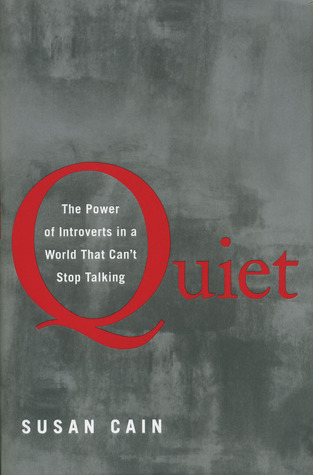Relationship attachment styles
June 1st, 2024 at 5:26 pm (Psychology)
How do we interact with others, especially in intimate relationships?
I was reading about relationship attachment styles and learned that a common categorization includes these styles:
- Secure: generally loving and trusting of others
- Anxious: clingy, crave attention, jealous, fear being abandoned
- Avoidant: hard time trusting others, distant, independent
- Disorganized: fear that you don’t deserve a relationship, oscillate between emotional extremes
The theory behind this states that the way you interacted with your primary caregiver as an infant or young child sets you up for behaving in one of these ways in your later adult relationships. I appreciate that the references I came across, at least, do note that you can change your style over time – so the label is about the behavior, not your identity.
Why might you want to change? Given the connotations associated with these words, it seems clear that the “secure” style is to be preferred. Apparently the anxious style can lead to putting others’ needs ahead of your own (in a desperate bid to keep them happy and present), which in turn can lead to resentment and other problems. The avoidant style may come along with an overestimation of your true independence and devaluing the presence of others in your life, leading to loneliness (sounds like an anti-relationship style?). The disorganized style might stem from abuse or neglect (or inconsistency) which makes it hard to trust others.
If you’re curious, you can take an attachment style quiz. I found it interesting that some of the questions were about your childhood and some were about now. At this stage in my life, I find it harder to assume that everything I do is massively influenced by my early childhood, especially because, as noted above, we continue to evolve as humans during our lives, and later experiences also shape our attachment styles. So your mileage may vary with this one.
Still, it seems useful to reflect on your relationship behavior. I found reading about these styles intriguing, and there’s some good advice out there about identifying the behaviors you want to adopt for yourself. The notion that we can change our attachment styles fits in with a growth mindset approach, which I find empowering.
 Recently I discovered a new service offered by the Post Office called
Recently I discovered a new service offered by the Post Office called 

 I was quickly captivated by the Pern-based games in which you could create a character who had the chance to be chosen as a dragonrider — every
I was quickly captivated by the Pern-based games in which you could create a character who had the chance to be chosen as a dragonrider — every